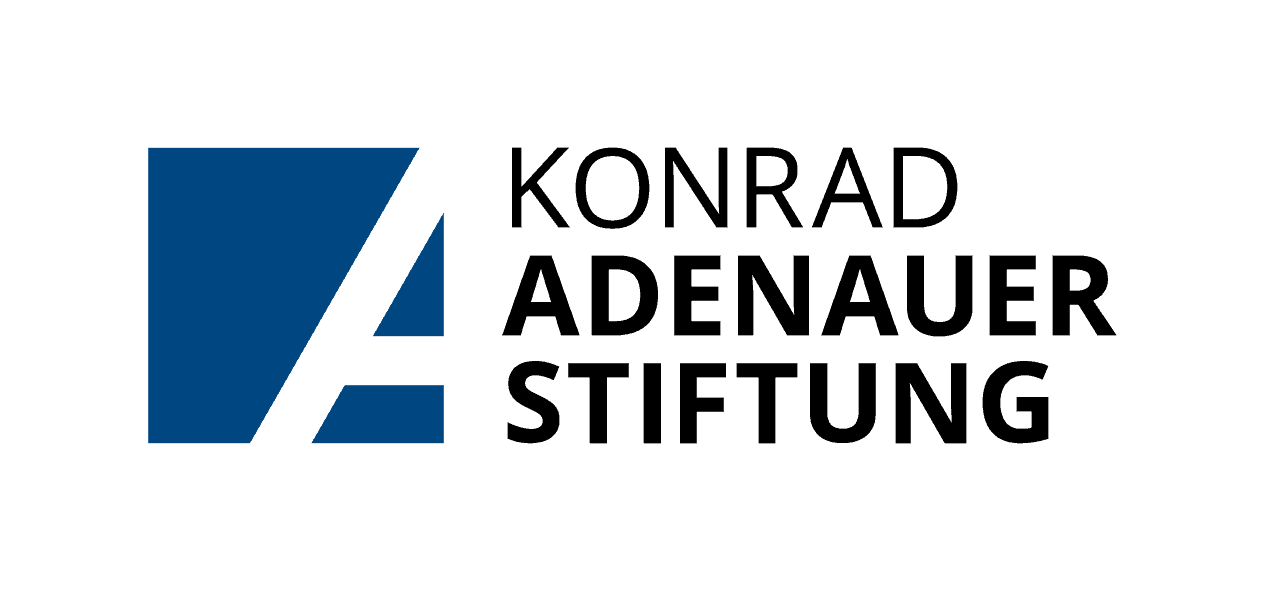Laws that protect journalists vary from country to country, as does what counts as admissible evidence in court. It is your responsibility to know the law, understand the risks you undertake, and their possible consequences.
Decide wisely where a good meeting point for you and your sources could be. Is it better to see each other in public or in a private environment? Should there be people and noises around or is a hidden, abandoned place better? Also consider if the area is under video surveillance. If you are afraid that someone could overhear a sensitive conversation, meet in loud surroundings. Noises make it hard for others (and bugging devices) to listen what you say!
However, keep records – in written notes, on a computer, or as sound or video recordings – that are as accurate as possible, dated and filed in such a way that they can be recovered when necessary. Be crystal-clear about whether the source is in a position to have the information he or she claims. Also probe the source about what he has seen, and his motives. Keep a detailed log of what the source actually says – full words, not paraphrases, or a tape, if you can persuade them to make one. Make sure you fully record all interactions with your source, including what you may have discussed around payments requested or made. Keep receipts connected with story expenditure.
Ensure a transparent and honest relationship with your sources. Never lie to them or mislead them for any reason. Do not make promises you cannot keep, or predict consequences that may not happen. Do not get so personally attached to your sources or involved in their problems that you cannot maintain a professional distance.
You must make every effort to ensure you are being told the truth. So treat their information, however critical it is to you, with professional coolness and scepticism. Verify details, and be suspicious of any parts of the story they try to hide. Ask difficult questions. Be prepared for unexpected stalls and problems in your relationship with them, and always interrogate what has gone wrong. There is no such thing as a perfect witness, and you do not want to be surprised later by information about a source you had not previously known. Beyond what you may have mutually agreed for source protection, resist any suggestion that your source has a right to control the content of your article or broadcast.

